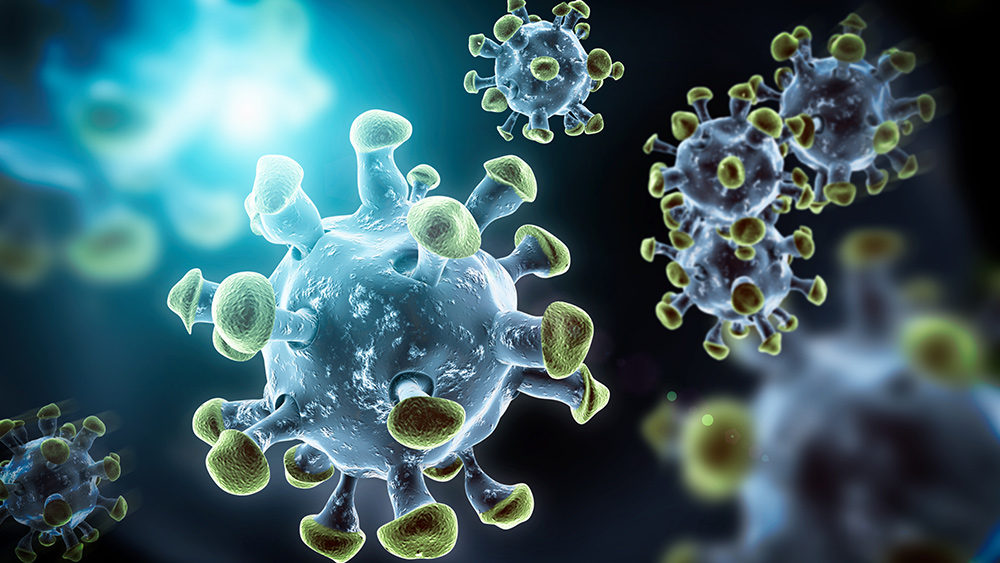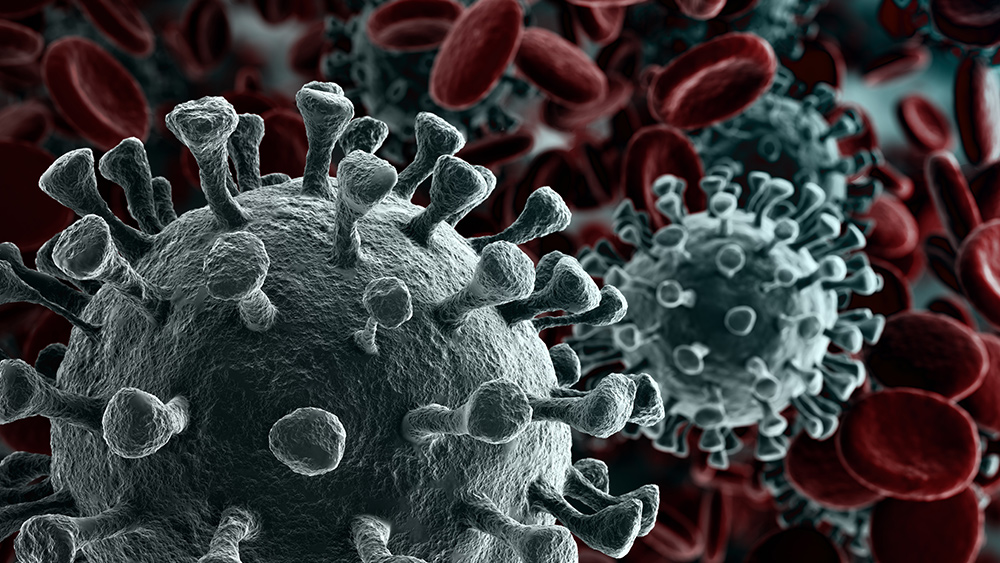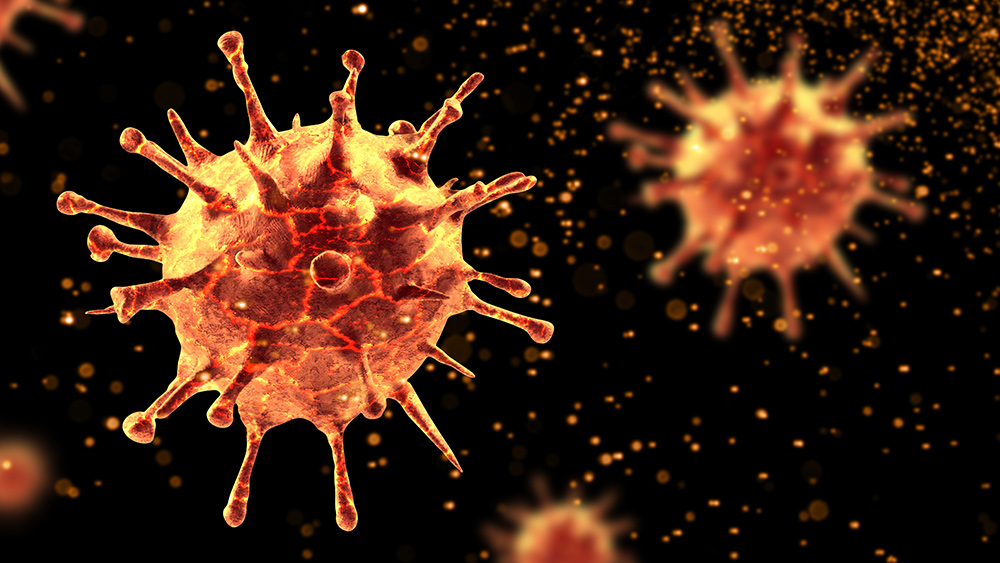The gut’s role in food allergies: Scientists identify changes in gut microbiota that may prevent or even reverse food allergies
04/06/2020 / By Franz Walker

The effects of food allergies can range from simply being annoying or inconvenient, preventing you from eating your favorite food, to life-threatening, like difficulty breathing. While medical means of combating food allergies do exist, a recent study has found a more natural, and potentially more effective, method of fighting food allergies – adjusting gut bacteria.
A study conducted by researchers from the Brigham and Women’s Hospital and Boston Children’s Hospital highlights how bacteria of the Clostridiales and Bacteroidetes genera play a role in suppressing allergies in the human digestive tract. The exciting thing about the study is that, in addition to helping prevent allergies, it shows that — in some cases — the bacteria can even help reverse them.
“We’ve identified the microbes that are associated with protection and ones that are associated with food allergies in patients,” said co-senior author Dr. Lynn Bry, director of the Massachusetts Host-Microbiome Center at Brigham.
“If we administer defined consortia representing the protective microbes as therapeutic, not only can we prevent food allergies from happening, but we can reverse existing food allergies in preclinical models,” explained Bry. “With these microbes, we are resetting the immune system.”
The role of gut microbes in food allergies
Some food allergies manifest during the first few years of life. This suggests that gut microbes may have a role in their development. Breastfeeding, antibiotic use and even methods of delivery have all been put forward as factors influencing how both gut microbes and atopic diseases develop.
Additionally, a decrease in bacterial diversity and an increased Enterobacteriaceae/Bacteroidaceae ratio during infancy have been linked to food sensitization. This further points to the gut microbes’ involvement in food allergies.
To test their hypotheses, the researchers collected stool samples from 56 infants, who had developed food allergies, every four to six months. They compared the differences in the microbes found in the feces of these infants to those from 98 other infants who did not develop food allergies. (Related: Extreme food allergy condition spreading among U.S. children.)
These samples of gut microbes were given to mice that had a sensitivity to eggs. Here, the researchers found that the mice who received gut microbes from infants with food allergies were more susceptible to developing allergies to eggs than those who received microbes from infants with no allergies.
The team then collected samples from children with and without food allergies. Similar to the first test, they administered these to mice to see if it could prevent the development of food allergies.
Based on these tests, the researchers found that a sample group that contained five to six species of Clostridiales and Bacteroidetes bacteria was found to suppress food allergies in the mice. Further tests showed that other kinds of gut bacteria did not give the same degree of protection.
Targeting specific immune cells
Digging further into what the bacteria were doing, the researchers figured out that they were targeting two immunological pathways that stimulate specific immune system T cells.
Studies have shown that certain T cells drive severe inflammatory reactions in food allergies. These T cells help other cells produce an antibody called Immunoglobulin E (IgE). Large amounts of this antibody cause severe allergic reactions like anaphylaxis.
The researchers believe that the Clostridiales and Bacteroidetes bacteria induce a relatively more tolerant response to these immunological pathways, rather than life-threatening ones.
Treating allergies instead of building resistance to them
The researchers think that the bacteria could lead to a new approach toward food allergies. They could potentially let healthcare professionals treat the source of food allergies instead of trying to desensitize a patient to a specific allergen.
“When you can get down to a mechanistic understanding of what microbes, microbial products and targets on the patient side are involved, not only are you doing great science, but it opens up the opportunity for finding a better therapeutic and a better diagnostic approach to disease,” explained Bry.
“With food allergies, this has given us a credible therapeutic that we can now take forward for patient care,” she continued.
The researchers identified that the effects of the bacteria were also found to occur in human infants. It looks like it won’t be long before probiotics with these specific bacterial strains can be used to treat food allergies.
Sources include:
Tagged Under: allergies, food allergy, gut bacteria, gut microbiota, immune system, natural health, prevention, probiotics, research, superbugs, T-cells


















